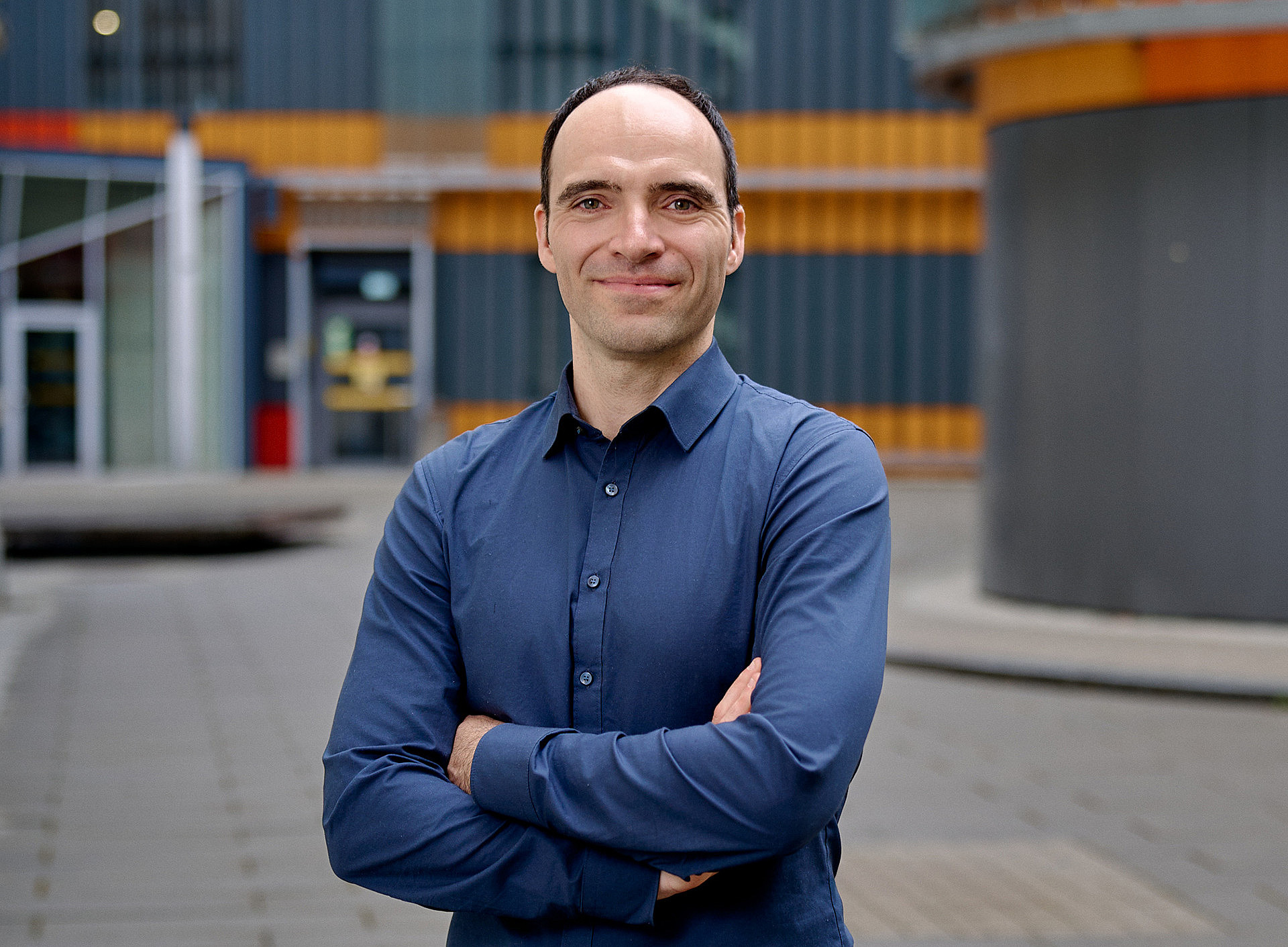What processes cause heart cells to change in the course of a disease, ultimately leading to a loss of organ function? How could this malformation be stopped or even reversed? Sebastian Preissl is seeking answers to these and similar questions about the development of diseases, focusing his attention on epigenetics and the interaction of different cells. Epigenetics describes changes in gene activity influenced by environmental factors such as nutrition, lifestyle or stress. Preissl is the head of the division Pharmacology and Toxicology at the Department of Pharmaceutical Sciences at the University of Graz.
“Tissues such as the heart consist of many different cell types with different functions. Epigenetic mechanisms, in interaction with other molecular processes, control which genes in the DNA are read, i.e. activated, in the different cell types,” explains Preissl. He is researching how this reading is regulated and which changes contribute to genes being activated too strongly or too weakly, leading to malfunctions. The aim is to better understand the molecular mechanisms involved in the development of diseases in order to develop innovative approaches for prevention and therapy.
“We are also interested in the links between cardiovascular diseases and metabolic disorders such as diabetes or the natural ageing process,” reports Preissl. “In addition, we are investigating how the interaction between heart muscle cells and other cell types in the tissue contributes to the development of disease and how this interaction changes as a result,” adds the pharmacologist. In doing so, he always keeps an eye on possible differences between the sexes.
Preissl and his team are also focusing on hereditary polycystic kidney disease, which affects over twelve million people, and on the development of skin macrophages before and after birth. These immune cells perform numerous tasks, from defending against pathogens to repairing tissue.
The aim of basic research is to gain insights that open up new possibilities for prevention, diagnosis and therapy. Sebastian Preissl studied pharmacy and obtained his doctorate at the University of Freiburg in Germany.
After six and a half years at the Ludwig Institute for Cancer Research and the University of California San Diego, both in La Jolla/USA, he took up a temporary professorship at the Institute of Experimental and Clinical Pharmacology and Toxicology at the University of Freiburg in 2021. Since October 2024, he has been Professor of Pharmacology and Toxicology at the University of Graz. He continues to lead a research group at the University of Freiburg. In Graz, Preissl appreciates the excellent research environment. He also enjoys the quality of life, which is similar in many ways to that in the university city of Freiburg.
Anyone interested in the chemical processes and molecular mechanisms in the body, as well as the mode of action and manufacture of medicines, can study Pharmaceutical Sciences at the University of Graz.
